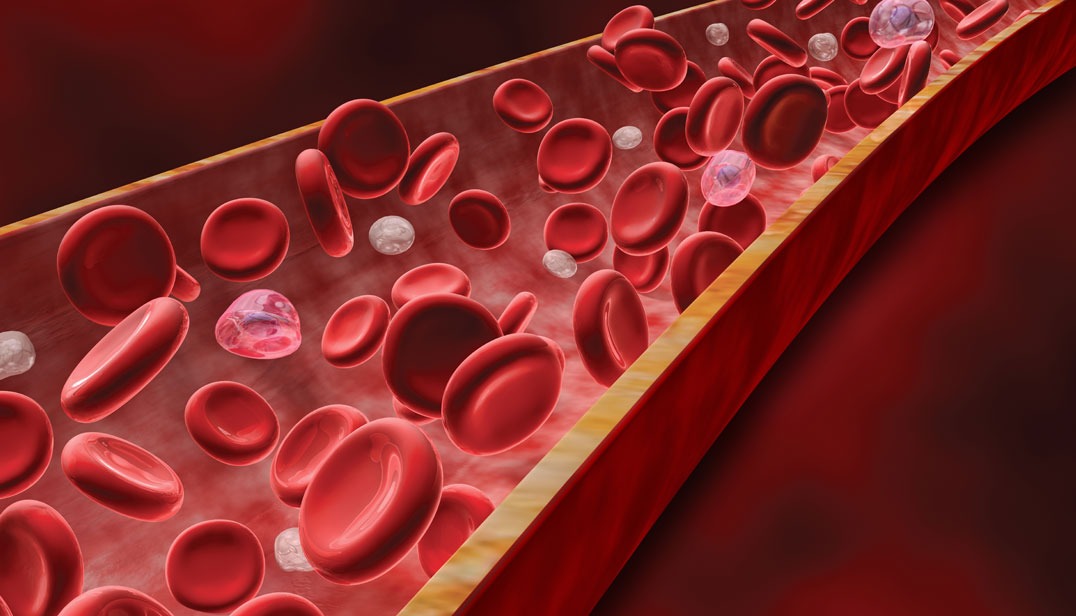I'm trying to do my homework before starting my SIBO treatment, I've been struggling with it for 9 years already and now I'm making another attempt to strike it. I've tried a lot of natural antibiotics throughout these years with no success, so now I decided to go with Rifaximin. I went with course of Rifaximin I think in 2013, so in the begging of my journey,, and I remember the week I was taking it I felt very well with literally no symptoms. After stopping it immediately my symptoms went back, but I was still eating back then all the food, which, I'm convinced, had gave me a SIBO in first place, i.e. all the grains, starch etc. Also I think the dosage was too little.
So now I have 140 tablets of Xifaxan 200mg, so I could do for example 2-weeks course with 2000mg daily. I know approach here is rather to take antibiotics in shorter courses with smaller dosage, but I think stubborn SIBO is the case where going all the way up might not be unreasonable, especially as Rifaximin is considered pretty "mild".
And here's my question: I'm wondering if I should maybe add some other antibiotic for better efficacy, and if so, which one would be the most complementary to Xifaxan? My reasoning is that it would maybe target any potential dysbiosis in colon, if present, since Xifaxan allegedly operates only in small intestine; also treatment might covered broader spectrum of bacteria. Ray recommends tetracyclines and penicilin, some people reported success with amoxicillin and azithromycin, I've also heard that gentamicin and vancomycin, although highly toxic, are non-absorbable taken orally, which may be safer overall. The argument in favor of cyclines would be their anti-inflammatory character, which may plays a role assuming theory about autoimmunity of SIBO is true.
The separate question is: how to take it? Together, or one after another?
Any advice appreciated
So now I have 140 tablets of Xifaxan 200mg, so I could do for example 2-weeks course with 2000mg daily. I know approach here is rather to take antibiotics in shorter courses with smaller dosage, but I think stubborn SIBO is the case where going all the way up might not be unreasonable, especially as Rifaximin is considered pretty "mild".
And here's my question: I'm wondering if I should maybe add some other antibiotic for better efficacy, and if so, which one would be the most complementary to Xifaxan? My reasoning is that it would maybe target any potential dysbiosis in colon, if present, since Xifaxan allegedly operates only in small intestine; also treatment might covered broader spectrum of bacteria. Ray recommends tetracyclines and penicilin, some people reported success with amoxicillin and azithromycin, I've also heard that gentamicin and vancomycin, although highly toxic, are non-absorbable taken orally, which may be safer overall. The argument in favor of cyclines would be their anti-inflammatory character, which may plays a role assuming theory about autoimmunity of SIBO is true.
The separate question is: how to take it? Together, or one after another?
Any advice appreciated

